Research Projects in 2023
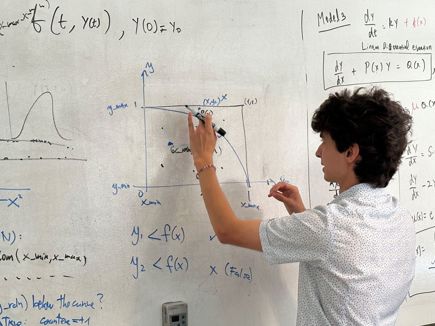
Arizona State University
Computational Methods for Inverse Problems in Imaging
In this project, we will work on developing computational methods for solving inverse problems arising from imaging systems. Most of these problems are ill-posed, which means, in most cases, that the solution is very sensitive to the data. Since the data usually contain errors produced by the different imaging systems (e.g., cameras, sensors, etc.), robust and reliable regularization methods need to be developed for computing meaningful solutions. Furthermore, in most imaging systems, massive amounts of data are produced which makes the acquisition and the storage of data and the computational cost of the inversion process intractable. To deal with these issues, we will investigate the algebraic tensor structure of the data, apply dimension reduction techniques and study its impact in the inversion process.
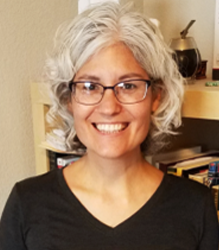
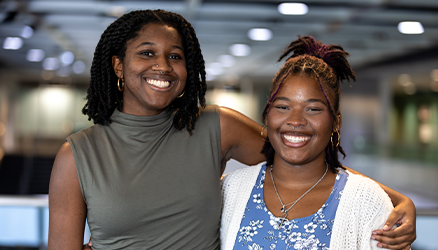
George Mason University
Program MASTER: Modeling, Analysis and Simulation for the grand challenges through innovative Training, Education and Research
Over the years, the importance of mathematical modeling and its applications to solve real-world challenges has been rapidly increasing. Also, there is a great demand for combining modeling with multidisciplinary problem-solving competencies and life-long learning skills for addressing the global challenges such as, understanding the dynamics of COVID-19 epidemic to impact of Domestic Violence. This program will expose two motivated undergraduate students to advanced topics in mathematics, problem-solving, data driven approaches, computing, visualization techniques and multidisciplinary applications. The program will also greatly enhance the awareness of the ever-increasing utility of mathematical approaches in understanding biological, engineering and bio-inspired systems and how they can help contribute to the scientific and professional development of students at all levels.

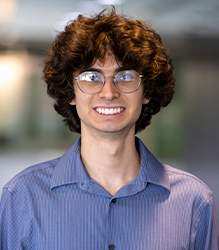
Moffitt Cancer Center
Identifying Novel Biomarkers for Cancer Treatment Personalization
This project will focus on analyzing clinical data and developing mathematical models to identify novel biomarkers for cancer treatment personalization. We are situated in the unique Integrated Mathematical Oncology (IMO) department at Moffitt Cancer Center, the only math department within an NCI-designated cancer center. The IMO is a highly interdisciplinary and collaborative department with researchers from various backgrounds.
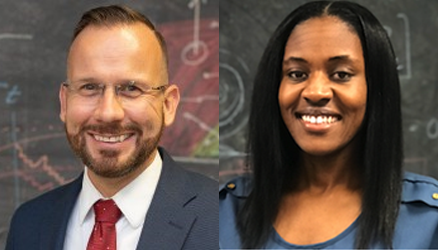
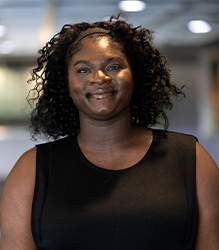
Rice University
Minimum Cycle Basis for Pose Graph Optimization
Pose graph optimization (PGO) is a fundamental problem that arises in various research disciplines, like simultaneous localization and mapping (SLAM), structure from motion, calibration of multi-camera rig, and sensor network localization. For this project, we will focus on the minimum cycle basis problem and its usage for pose graph optimization.
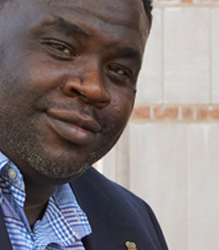
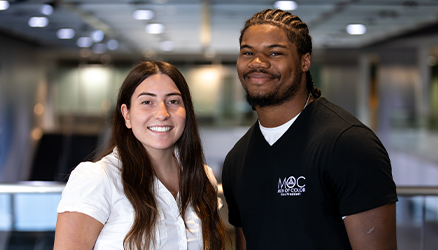
Youngstown State University
Cost/benefit analysis of yearly mammograms: a social justice approach to individualized medicine
The current U.S. guidelines state that women over 40 need to get a mammogram every year. Some researchers claim that the recent decrease in breast cancer deaths can be attributed to this recommendation. However, mammograms are invasive and known to have a high rate of false positive diagnosis. Other countries have piloted different requirements depending on family history, breast density, among other factors. In this project we will take a data driven approach to propose personalized testing protocols that will take to account factors such as family history and breast density while trying to offer solutions that take into account access to health care, economic background, race and other markers that have a significant impact on health outcomes.
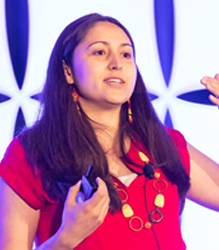
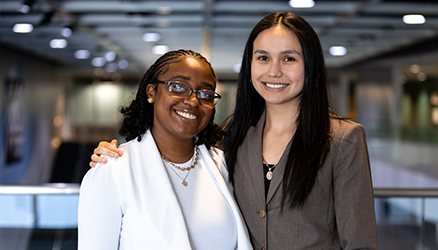
Stay Up-to-Date with Email Alerts
Sign up for our monthly newsletter and emails about other topics of your choosing.

